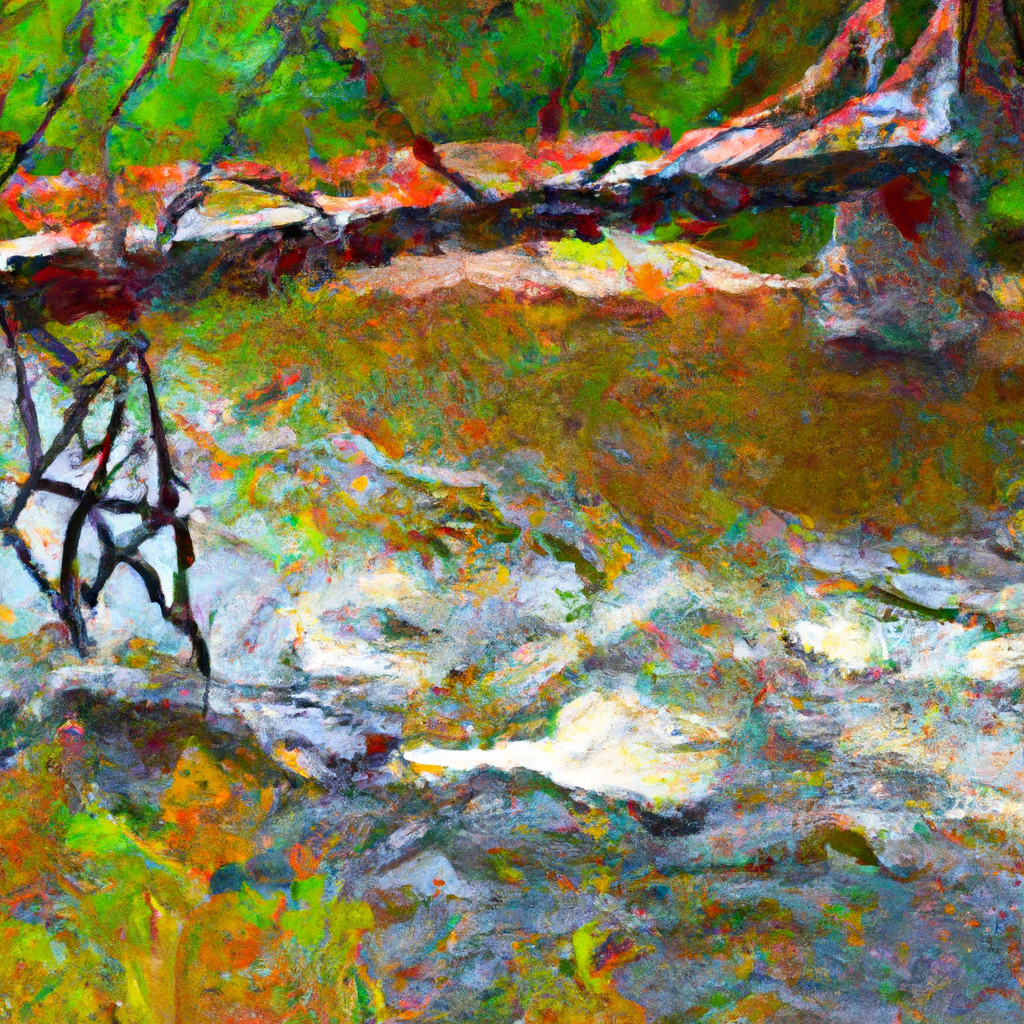Sometimes, people give me a perplexed expression when I mention my philosophy degree from university while working on one of the country’s largest intranets – as if they don’t fully understand the connection between the two.
In a world that centers around technology and natural science, however, we must acknowledge the significance of philosophy and humanities in innovation and change. Scientific and systemic progress is significant, but we must not forget the unique perspectives and insights that philosophy, art, and literature bring.
Philosophy helps us question beliefs, develops critical thinking, and encourages us to explore unknown territories. This mental flexibility opens the door to creativity and innovative solutions when faced with challenges. Why not ask Rawls, de Beauvoir, or Kant if your plans will be fair? And why not inquire of Schopenhauer, Camus, or Kierkegaard if your plan can alleviate the burden of existence and make life a little simpler?
Art and literature provide insight into multifaceted human experiences, teaching us empathy, resilience, and adaptability. Literature delves into complex ideas and emotions, helping us understand the complexities of society while broadening our perspective on problem-solving. Art breaks through linguistic and cultural barriers, creating shared communication and collaboration. Why not ask Shakespeare or Dostoyevsky about the profound depths and irresistible heights of a group of individuals? And why not ask Woolf or Arendt about the consequences of bias and inequality?
By embracing interdisciplinary collaboration and utilizing insights from philosophy, art, and literature, we can overcome traditional constraints and achieve our full potential together. In this way, we create a brighter, more innovative future that builds on both natural science, technology, and humanities.
